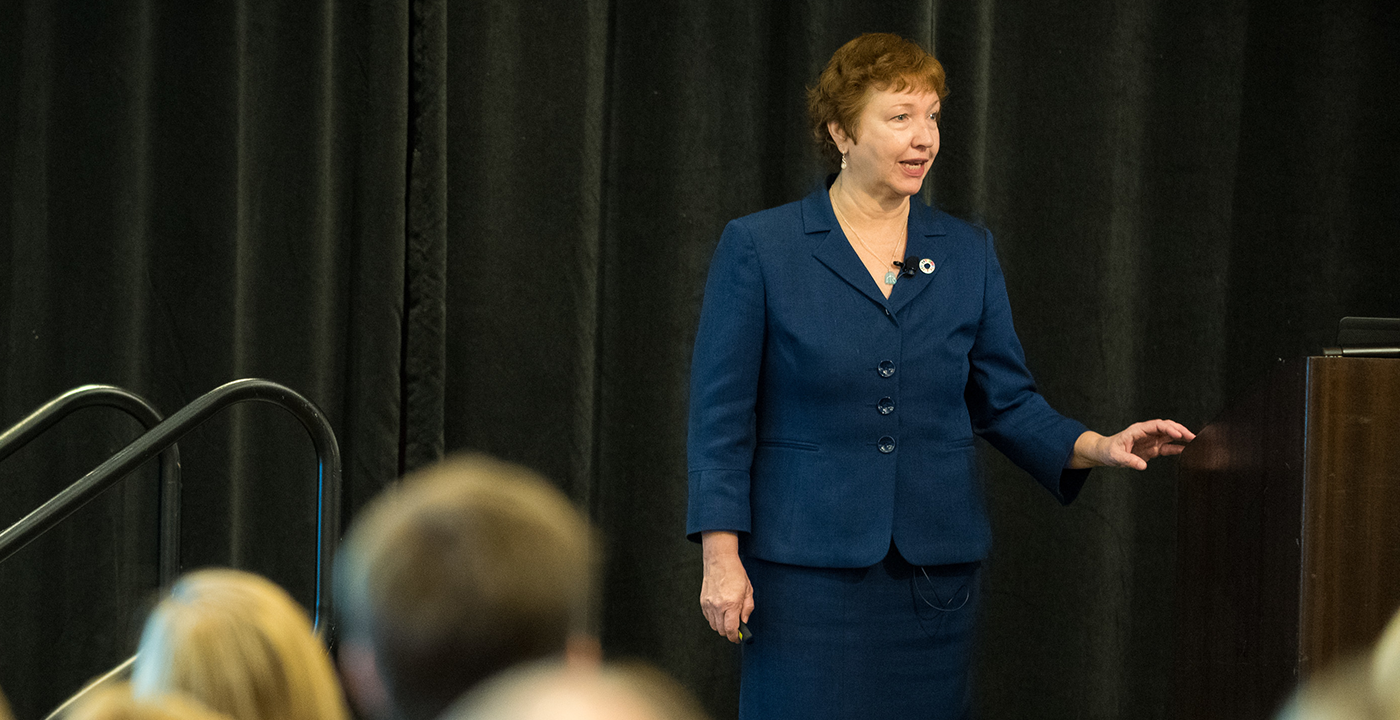Advocacy for children gives voice to the voiceless: pediatricians are familiar with the fact that their role places them in a unique position to advocate for the health and well-being of children and families on a local, state, and national scale. In the first part of this two-part series, we’ll explore the current state of pediatric advocacy, from the wins of national policy in 2022 to the future opportunities available to strong advocates who can effect positive change on behalf of children.
Who has the responsibility to advocate for children?
According to the American Medical Association’s Declaration of Professional Responsibility, all physicians should “advocate for social, economic, educational, and political changes that ameliorate suffering and contribute to human well-being.”
All pediatricians have a role in advocacy. Consider these roles: policy expert, physician, lawmaker, educator, caregiver, and parent. Pediatricians fall into many – and sometimes all – of these roles daily. Whether or not you fill an elected (or volunteer) seat of office, all pediatricians have the opportunity to use their skill set, strong reputation, and, perhaps most importantly, their connections with families to advocate on behalf of children.
While children can be and are successful advocates themselves, the onus should be on adults responsible for the well-being of children to advocate for their future. That said, just as medical schools are slowly incorporating advocacy education for medical students, including children in advocacy when appropriate can be both an educational and formative experience.

Dr. Colleen Kraft, MD FAAP and former AAP President, has long been an advocate for children's health, with focuses ranging from immigrant health to autism care.
In short, everyone who has a stake in a child’s future is responsible for advocacy. This includes individuals and groups, such as organizations like the American Academy of Pediatrics and businesses like your pediatric practice.
AAP Advocacy
The American Academy of Pediatrics has long advocated for children's rights and well-being, beginning with its founding in 1931 and continuing straight through the COVID-19 pandemic. Highlights of its history include being one of the first major organizations to form a committee on environmental concerns (then the Committee on Radiation Hazards and Epidemiology of Malformations, and now the Council on Environmental Health).
According to the Academy, “...We believe that together pediatricians can help ensure children’s health gets more than just lip service from decision-makers. The AAP believes that pediatricians have the power and credibility to help create community norms and public policies that proactively invest in the health and safety of children.”
Learning from the AAP’s Advocacy
Advocacy can often focus on what still needs to be done, but it’s just as important to celebrate successes, as they prove the rule that advocacy can effect change and boost morale for further action.
In their Fall 2022 Advocacy Report, the AAP celebrated the securement of $5 million in first-time funding for the Pediatric Subspecialty Loan Repayment Program (PSLRP), which will help secure needed subspecialty roles in pediatrics by incentivizing student loan repayments. The AAP continues to advocate for the fiscal year 2023, where they hope funding will increase from $10 million to $15 million.
The AAP is also behind other bills sitting in Congress, including bills for Medicaid payment parity. Still, advocates at the Academy are not sitting around waiting for bills to pass: the AAP expands its advocacy portfolio by testifying in Congress and to its committees, providing amici curiae (“friend of the court,” or legal expertise) services, and issuing statements in that support or provide commentary on various policies and government initiatives.
The AAP’s work in advocacy is an excellent playbook for the individual pediatrician and their practice seeking to advocate at a smaller scale because advocacy does not always mean what you might first imagine: testifying before Congress in a white coat or holding up signs on the White House lawn (although these are great options!). We’ll cover resources and steps for pediatricians to begin advocacy in the second part of this series. Still, if you can’t wait to get started, we recommend the AAP’s Advocacy Guide.
The Near Future of Pediatric Advocacy
There are many opportunities for pediatricians wishing to get involved in advocacy for children. At its core, pediatric advocacy should aim to improve the lives of children, and that means identifying where children are being underserved, underrepresented, or missing opportunities.
Priorities for advocacy will be different for each practice, pediatrician, nurse practitioner, and employee. In broad strokes, the near future opportunities for advocacy include national topics such as vaccines, gun violence, environmental concerns, nutrition and food security, healthcare access and coverage, immigrant health, and mental health.
For many independent pediatricians, the choice for advocacy comes from a desire to serve their local communities. While a large and controversial topic like child immigrant healthcare may apply to border towns like El Paso, TX or diverse communities like Charleston, SC, there are many opportunities for local advocacy focus. A great way to identify advocacy needs in your community is to inquire with your state AAP chapter, as they will have both support from the larger Academy and local resources and connections to put local advocates to the best possible use.
 Dr. Eliza Varadi, MD FAAP, is an advocate for immigrant children's healthcare and diverse communities like hers. She has spoken on this topic for conferences and for The Independent Pediatrician.
Dr. Eliza Varadi, MD FAAP, is an advocate for immigrant children's healthcare and diverse communities like hers. She has spoken on this topic for conferences and for The Independent Pediatrician.
The exciting truth is that the future of pediatric advocacy lies in practices: in the matters that concern pediatricians, families, and communities. To learn how to utilize your power to advocate for families and children, be sure to stay tuned for the next installment of this two-part series.


